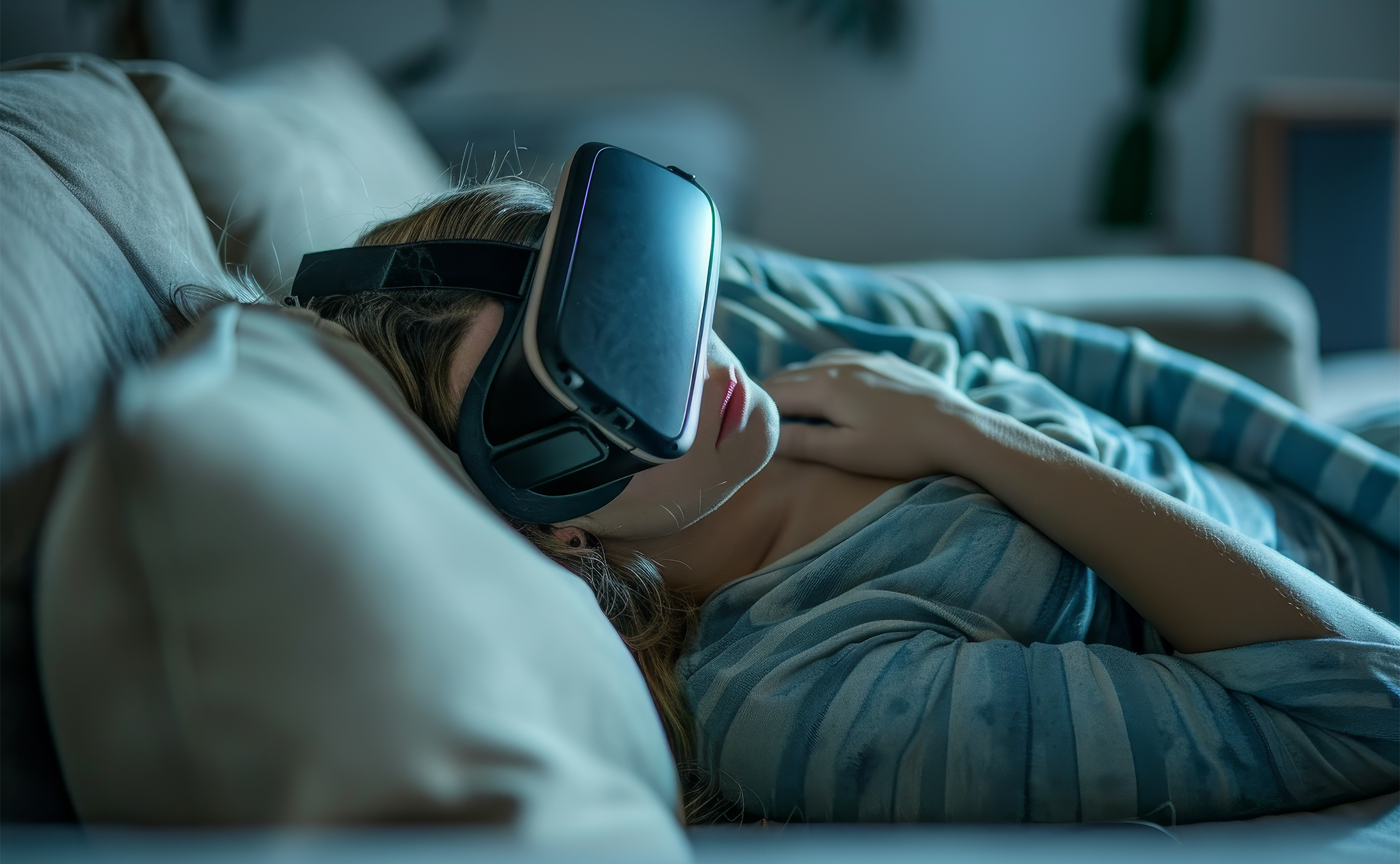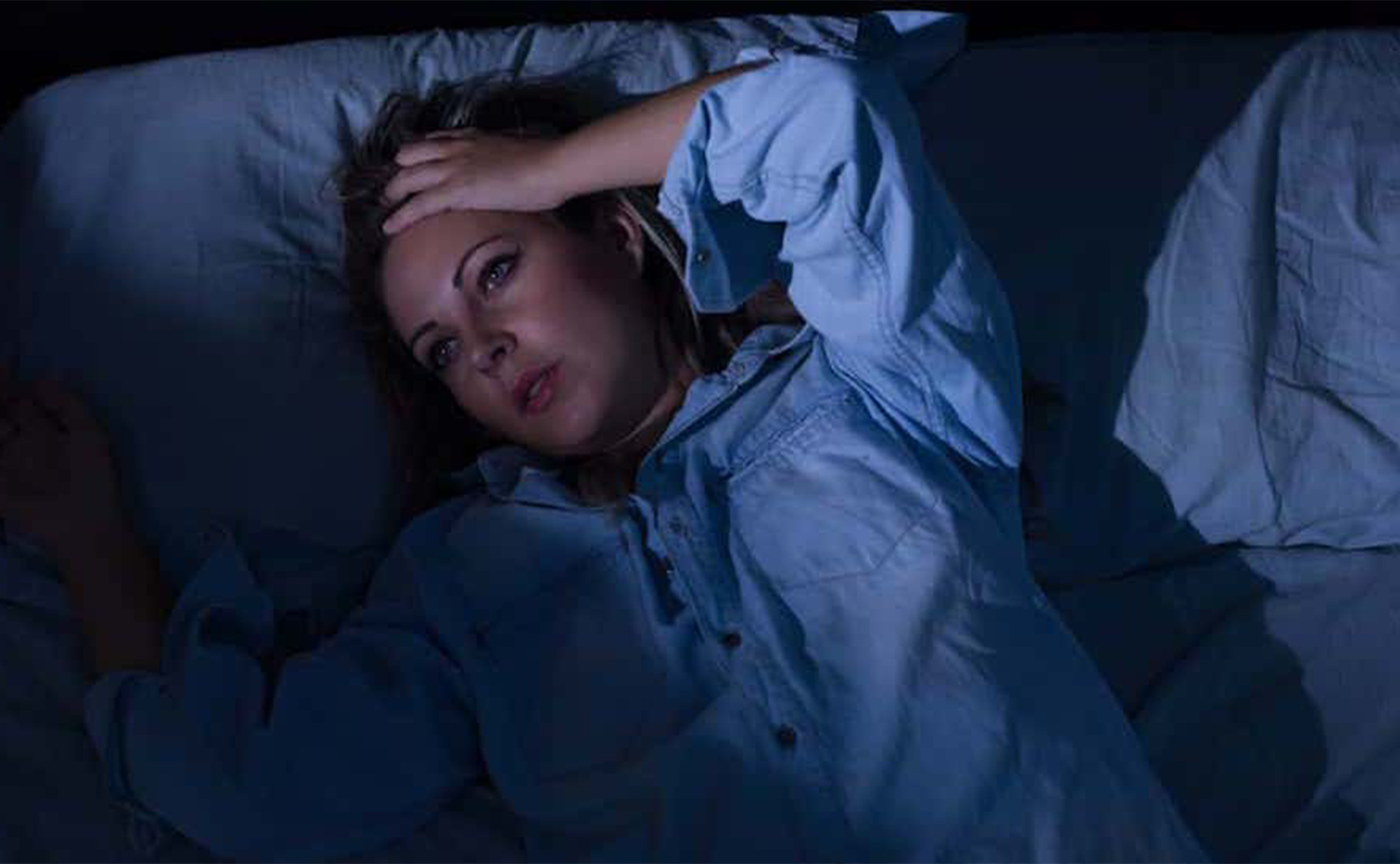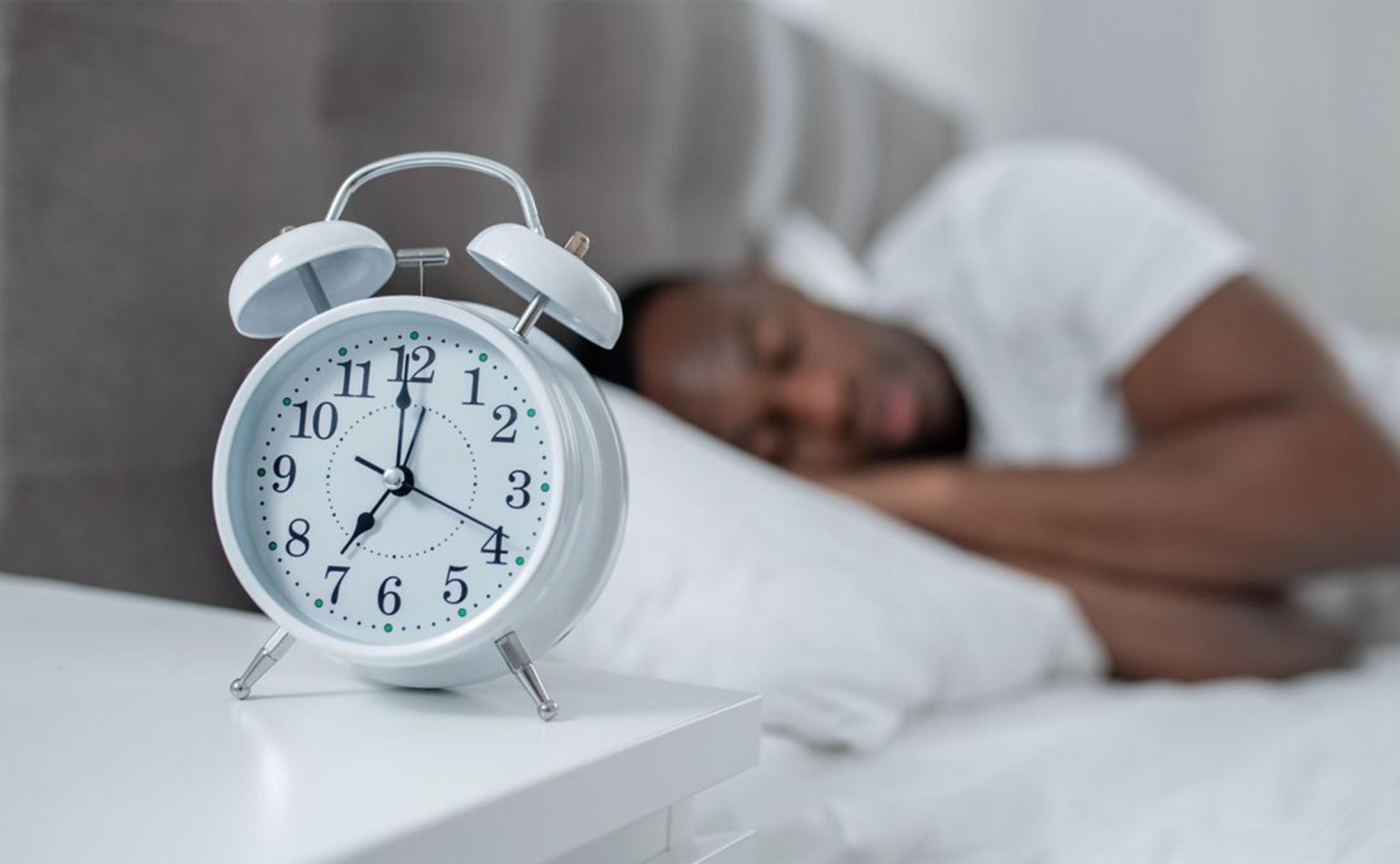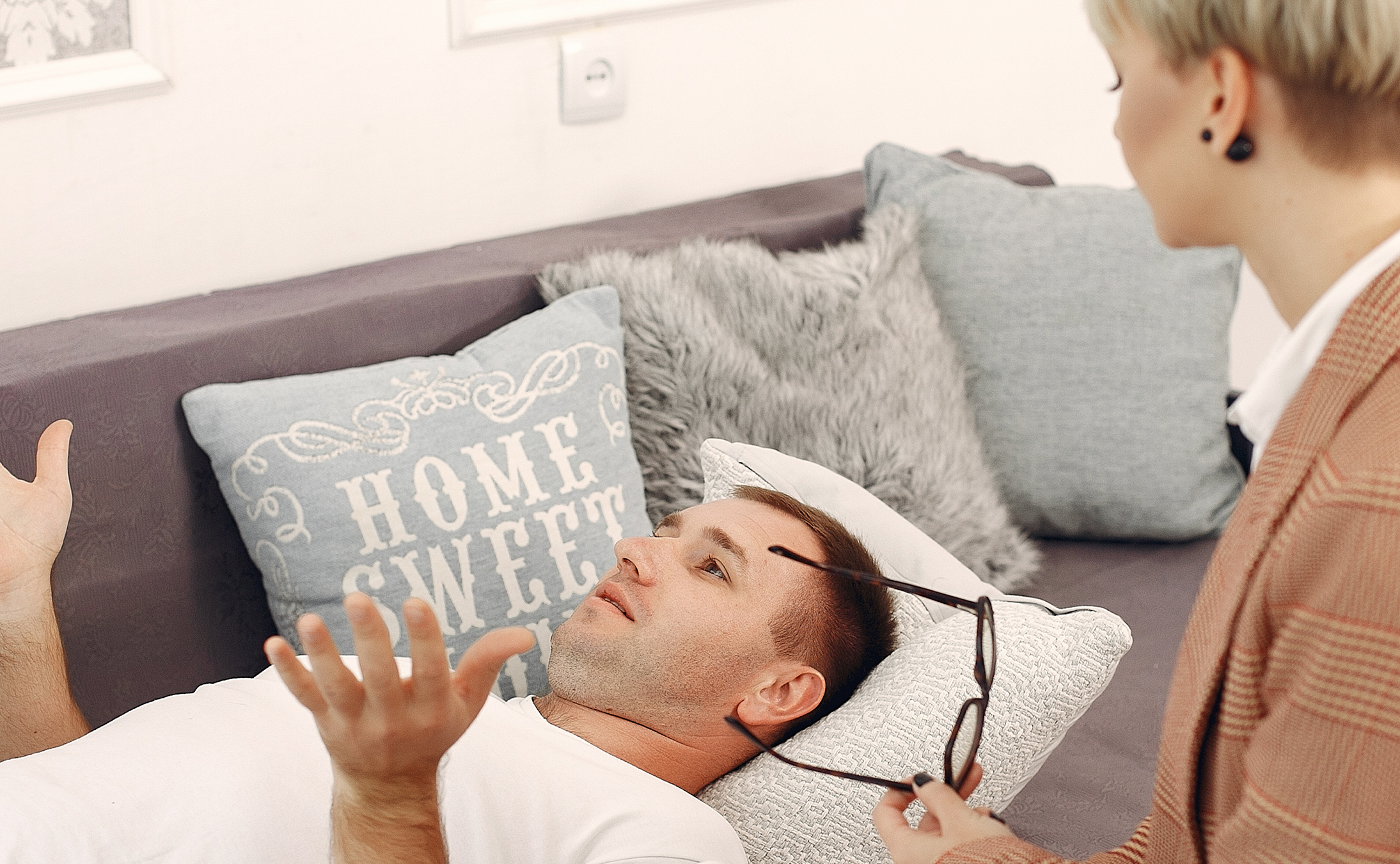
A Proven Path to Restful Sleep
Having difficulties going to sleep or resting well at night after night? You are not alone. Chronic sleeping problems adversely impact health and can be observed in millions of individuals. When your sheep that you supposed to count are missing, when your sleep apps or over-the-counter solutions have not worked out, maybe you could benefit from a scientifically-proven method: Cognitive Behavioral Therapy for Insomnia (CBT-I).
Our approach at Central Connecticut Behavioral Health (CCBH) is to ensure that people get their sleep back under control through the process of CBT-I. The therapy is very popular in the world of treatment; it has long-lasting effects without side effects.
What Is
Cognitive Behavioral Therapy Insomnia, commonly referred to as CBT-I, is a goal-oriented, focused, and structured kind of therapy that functions by laying down and changing thoughts and actions that leads to difficulty getting optimum sleep.
The CBT-I contrasts with sleeping pills, which only have short-term solutions to the symptoms of insomnia. It is regarded to be the gold standard of behavioral sleep therapy, and it has been proven in multiple studies that it is as effective as a medication when it comes to long-term results.
CBT- I provide a natural, long lasting solution without side effects. The first-line treatment of chronic sleep insomnia, suggested by major health organizations, such as the American College of Physicians, includes CBT-I.

Key Components of
Sleep Restriction Therapy
Stimulus Control
Cognitive Restructuring
Relaxation Techniques
Sleep Hygiene Education

How Cognitive Behavioral Therapy for Insomnia Works?
CBT-I is a multi-target treatment that combines both cognitive (replacing unproductive thoughts about sleeping) and behavioral (enhancing sleep rituals and patterns) approaches. The operation normally involves:
- Learning about sleep patterns
- Taking out sleeping thought patterns
- Restoring positive sleeping patterns
- Mindfulness and relaxation learning strategies
- Carrying out regular sleeping patterns
This method can transform the mind and the body under the guidance of a licensed CBT-I professional to facilitate sleep.
CBT-I
Some of the CBT-I techniques for better sleep are the following:
- Sleep Diary: monitor your sleep rhythms to note habits that assist or damage your rest.
- Digital Detox: One hour before sleep, stay away from the screen and limit the number of blue lights, as this impedes the formation of melatonin.
These techniques are all simple, and individually, they might not seem significant; however, combined, they become an impressive sleep improvement system.


CBT-I for
The relationship between mental health and sleep is very strong. Individuals with depression tend to have a problem with sleep, and a lack of quality sleep can aggravate the effects of depression. It is why CBT-I in depression and insomnia turns out to be as useful a tool as possible.
When it remedies insomnia, CBT-I may improve mood, concentration, energy, and general well-being. Central Connecticut Behavioral Health (CCBH) has highly trained therapists who individualize CBT-I programs for clients who may have sleep problems as well as emotional distress.
Benefits of
Benefits of CBT-I include:
- Improved quality and times of sleeping
- Reduced frequent night awakening
- Less dependency on sleeping pills
- Better daytime energy
- Improved focus and emotional levels
- Sustainable long-term results

Who Should
CBT -I appeals to a large number of individuals, such as:
Chronic insomnia in adults (more than 3 months).
Individuals who rely on sleeping pills.
Individuals who have anxiety, PTSD, or depression.
In case you are located in Connecticut and need assistance, our mental health facility provides professional CBT-I treatment face-to-face and online.

Why Choose
In CCBH, we commit our efforts to providing you with efficient and kindhearted service, made to fit your specifications. Our clinicians are CBT-I experts and provide an inclusive and non-judgmental atmosphere in which focusing on your sleep and mental health is our first priority.
Here’s what sets us apart:
- Experienced therapists trained in CBT-I
- Online and in-person treatment options
- Insurance-friendly and affordable rates
Final Thoughts:
A cognitive behavioral therapy for insomnia is a clever, efficient, and sustainable remedy for anyone who is fed up with feeling sleepy. Given the right assistance, you will be able to get out of sleepless nights and regain control over your sleep.
When you are willing to begin your path to improve your sleep, Central Connecticut Behavioral Health (CCBH) will be ready to assist you throughout the process. We are convinced that the key to a healthy and happy life is quality sleep, and you must have it.
To book your initial CBT-I appointment, book with us by emailing us or going to our online booking site today.

CBT-I in Connecticut:
Finding the Right Help
Looking to find sleep therapy CT, the best therapists of CBT-I CT? You’re in the right place. At the Central Connecticut Behavioral Health, we provide professional and individualized care that suits your lifestyle.
We provide:
- In-person CBT-I therapy in CT
- CBT-I Support That Connecticut Residents Can Obtain Online
- Connecticut mental health services that treat both sleep and emotional health






